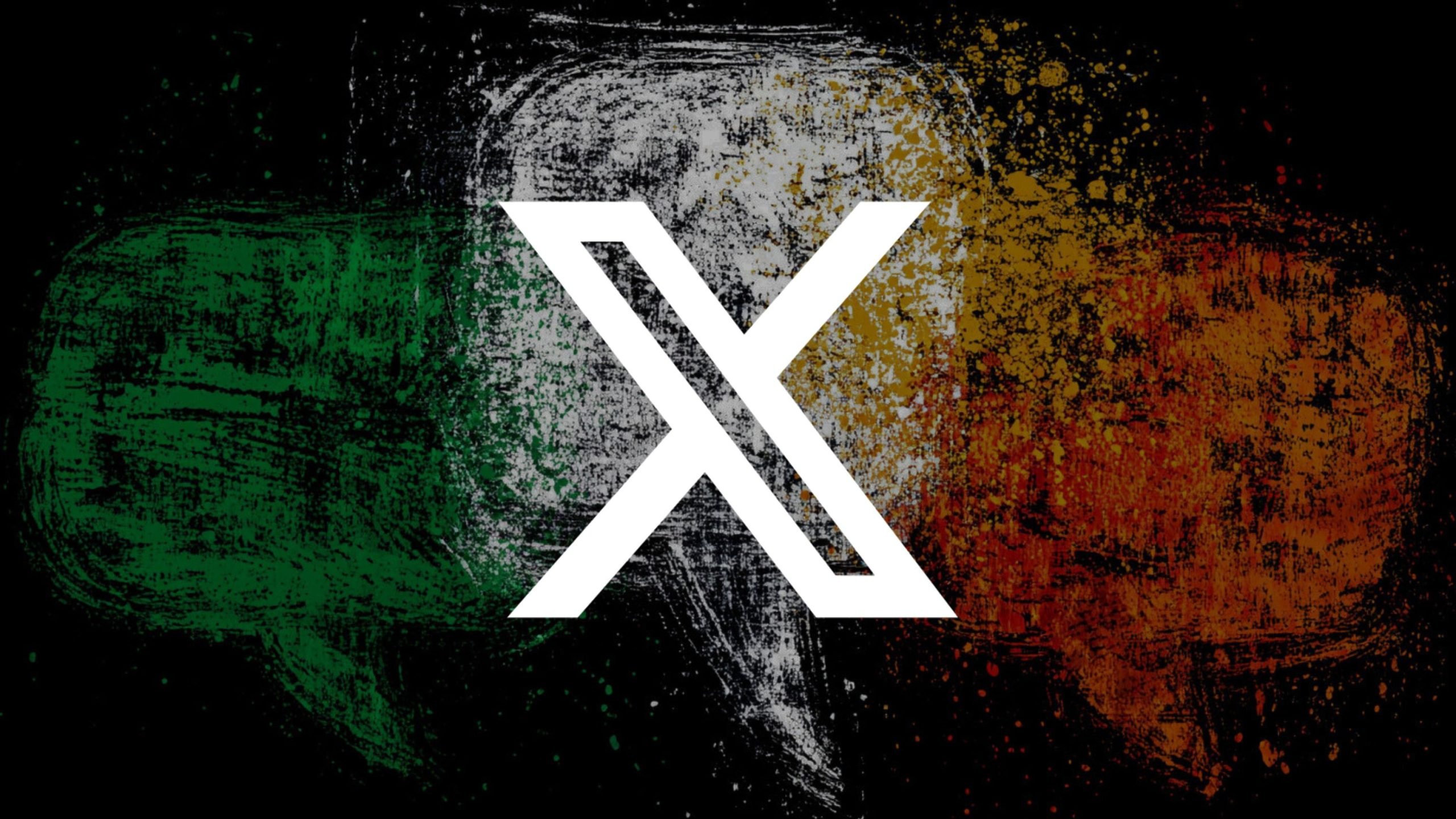
reclaimthenet.org
Ireland Takes the First Swing at X in Europe’s War on Words
If you're tired of censorship and dystopian threats against civil liberties, subscribe to Reclaim The Net.
Ireland’s media regulator, Coimisiún na Meán, has opened a formal investigation into X, invoking the European Union’s censorship law, the Digital Services Act (DSA), for the first time.
The inquiry began after Ireland’s own Platform Supervision Team flagged concerns and received information from a user and the German organization HateAid, a group that previously sued X in 2023 for not deleting posts it labeled “hate speech.”
That lawsuit, and HateAid’s involvement in this case, have fueled unease that activist groups are helping to steer government regulators toward tighter restrictions on digital expression under the banner of “safety.”
“Today, we are taking an important step in ensuring a safer online experience for users across the European Union,” said Digital Services Commissioner John Evans.
He continued, “We expect online platforms to meet their obligations under the DSA, and to operate with transparency in informing users of their rights to report and to appeal decisions.”
Evans added, “If we suspect that any platform is failing in these obligations, we will not hesitate to intervene and where appropriate take enforcement action to protect the safety of users in Ireland, and across the European Union.”
He also said that for the largest platforms, the regulator works closely with the European Commission to ensure the law “produces good outcomes for European citizens.”
Under the DSA, Coimisiún na Meán can impose financial penalties of up to six percent of a company’s global turnover if violations are found, a level of punishment that gives regulators significant leverage over how platforms moderate content.
Supporters of the law claim it promotes accountability, but opponents argue it risks giving bureaucrats and political actors a powerful tool to shape what opinions and information are allowed to circulate online. The case against X may therefore prove to be an early test of whether the DSA will erode people’s rights under a growing regime of government-mandated censorship.
Officials are investigating issues such as the handling of “misinformation,” the adequacy of moderation systems, and the company’s overall transparency.
The European Commission, the EU’s executive arm, initiated a formal probe in 2023 into how X managed allegedly harmful content. Because X qualifies as a “very large online platform” with more than 45 million users, it faces higher standards for accountability and disclosure under the DSA.
The European Commission serves as the primary enforcer of the DSA for major platforms, yet certain parts of the law, including complaint and reporting procedures, are handled by the regulator in the country where a company’s European headquarters is located.
This places oversight of firms such as X, Meta, and Google under Ireland’s Coimisiún na Meán, since all three operate from Dublin.
Should Ireland’s regulator determine that X has failed to meet DSA requirements, it can impose a financial penalty reaching up to 6 percent of the company’s global annual revenue.
Such a sanction would mark a significant use of regulatory power, reinforcing the growing concern over whether Europe’s digital rulebook is protecting users or tightening political control over online speech.
If you're tired of censorship and dystopian threats against civil liberties, subscribe to Reclaim The Net.
The post Ireland Takes the First Swing at X in Europe’s War on Words appeared first on Reclaim The Net.










